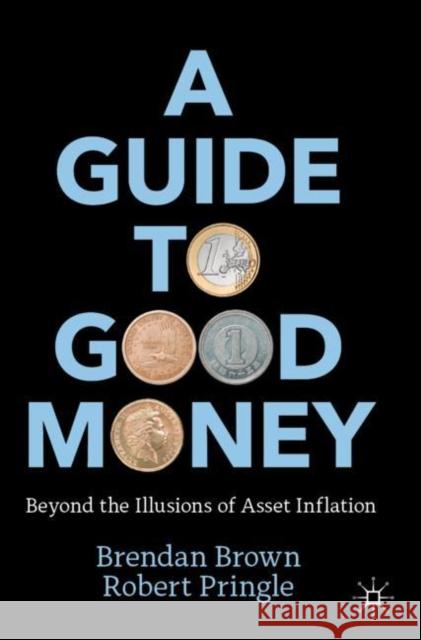A Guide to Good Money: Beyond the Illusions of Asset Inflation » książka
topmenu
A Guide to Good Money: Beyond the Illusions of Asset Inflation
ISBN-13: 9783031060403 / Angielski / Miękka / 2022 / 294 str.
Kategorie:
Kategorie BISAC:
Wydawca:
Springer International Publishing AG
Język:
Angielski
ISBN-13:
9783031060403
Rok wydania:
2022
Ilość stron:
294
Wymiary:
23.5 x 15.5
Oprawa:
Miękka
Dodatkowe informacje:
Wydanie ilustrowane











